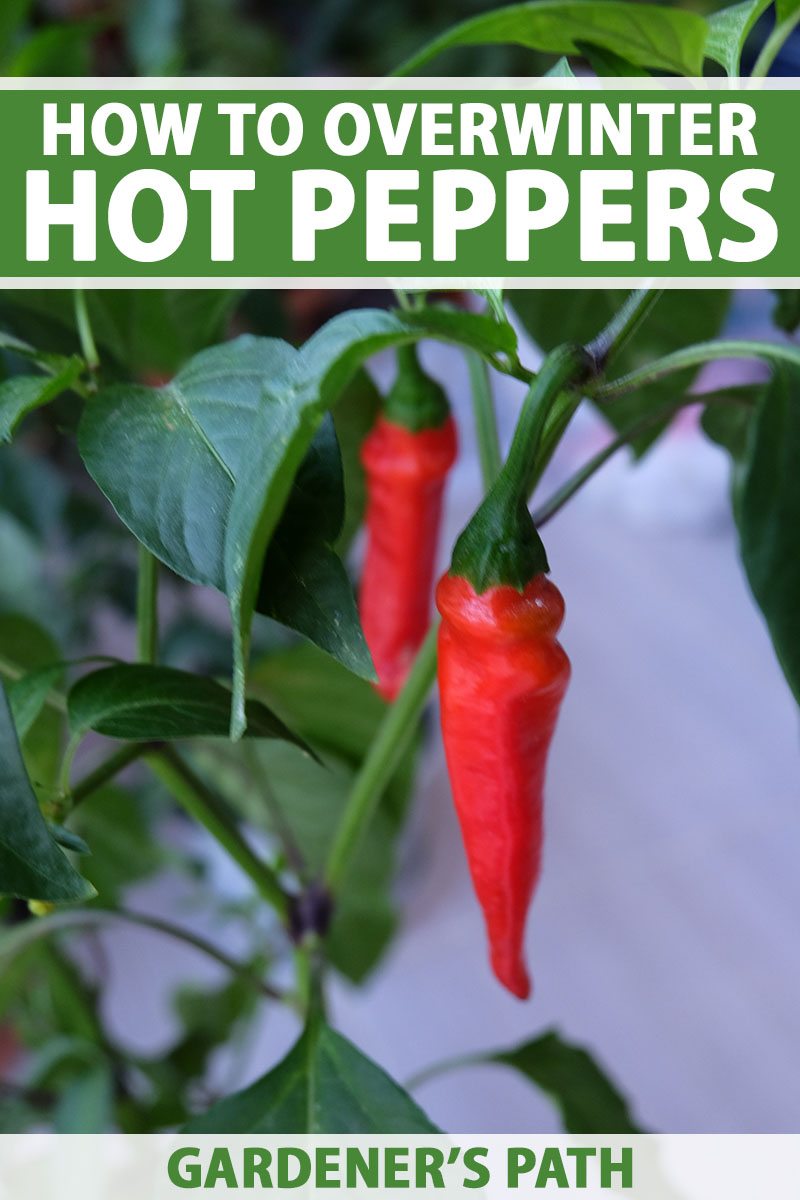Organic Vs. Synthetic Fertilizers: Which Is Best for Supporting Healthy Pepper Plants?
In the realm of supporting healthy and balanced pepper plants, the selection between natural and artificial plant foods stands as a crucial choice with far-reaching implications. While both alternatives goal to offer important nutrients to support plant development, the nuances of their influence on the dirt, plant health and wellness, and the environment trigger a dispute that echoes throughout the gardening community. Understanding the distinctive advantages and possible risks of each fertilizer kind is vital for pepper growers looking for to enhance their returns while preserving an eco-conscious and lasting method.
Advantages of Organic Fertilizers
Organic fertilizers offer a lasting and environmentally-friendly method to nourishing pepper plants, giving crucial nutrients without using synthetic chemicals. These natural plant foods are originated from natural sources such as garden compost, manure, bone meal, and algae, promoting soil wellness and biodiversity. Unlike synthetic plant foods, organic choices launch nutrients slowly, ensuring a balanced and constant supply for pepper plants to thrive.
One considerable advantage of organic plant foods is their capacity to improve soil framework and water retention. By enhancing soil wellness, organic fertilizers advertise useful microbial task, which aids in nutrient uptake by pepper plants. Furthermore, natural fertilizers lower the risk of chemical run-off, securing water resources from contamination and guarding the environment.
Moreover, natural fertilizers add to long-term dirt fertility by advertising the growth of beneficial dirt organisms. These microorganisms help damage down raw material, releasing nutrients in a kind that is easily available to pepper plants. best fertilizers for peppers. By cultivating a healthy and balanced soil ecological community, organic plant foods sustain sustainable pepper growing practices that profit both plants and the environment
Disadvantages of Synthetic Plant Foods
Synthetic fertilizers, in contrast to their organic equivalents, present different negative aspects when used to nourish pepper plants, affecting both plant health and wellness and ecological sustainability. One significant downside of artificial plant foods is their propensity to leach nutrients from the dirt promptly. This rapid leaching can lead to nutrition discrepancies in the soil, triggering plants to struggle with poisonings or deficiencies. Additionally, synthetic fertilizers can hurt helpful dirt microorganisms, such as earthworms and beneficial germs, interrupting the dirt environment's equilibrium.
Furthermore, the overuse of artificial fertilizers can add to water contamination. Excess fertilizers not taken in by plants can wash away into water bodies, causing eutrophication, where algae flowers deplete oxygen levels in the water, harming aquatic life. In addition, synthetic fertilizers are typically originated from non-renewable resources, such as fossil fuels, adding to carbon emissions and ecological deterioration during their manufacturing.
Nutrient Absorption Comparison
When comparing artificial and natural fertilizers in terms of nutrient absorption, organic fertilizers have the advantage of supplying an extra balanced and slow-release source of nutrients. Organic fertilizers consist of a selection of macro and trace elements that are not just advantageous for the plants however additionally advertise healthy soil microbial activity, which helps in nutrient uptake.
In addition, organic plant foods boost soil structure and water retention capability, enabling pepper plants to gain access to nutrients extra efficiently. This enhanced dirt top quality promotes root development, allowing much better nutrient absorption. Artificial plant foods, although originally enhancing plant growth due to click here for more info their high nutrient concentrations, may prevent long-lasting nutrient absorption by degrading soil health over time.
Environmental Impact Factors To Consider

On the various other hand, synthetic fertilizers, although usually more immediately readily available and concentrated to plants, can have destructive impacts on the environment otherwise applied effectively (best fertilizers for peppers). Their production calls for high energy inputs, bring about greenhouse gas discharges and adding to climate adjustment. The drainage of excess synthetic fertilizers can infect water sources, leading to eutrophication and hurting aquatic environments.
Ideal Plant Food Practices for Peppers
When fertilizing pepper plants, enhancing nutrient uptake and decreasing environmental impact are crucial factors to consider. To achieve this, it is vital to adhere to ideal fertilizer practices customized to the certain demands of pepper plants. One crucial practice is to do a dirt examination prior to using any fertilizers. This test can identify the pH level of the soil and determine any kind of nutrient shortages, leading you in selecting the most suitable fertilizer formulation.
An additional important method is to feed pepper plants at the correct time. Typically, peppers benefit from receiving fertilizer at planting and afterwards again when they start to flower. Over-fertilizing can lead to nutrition imbalances and damage the plants, so it is essential to adhere to advised application prices.
Furthermore, choosing a balanced plant food with an NPK ratio that matches pepper plants' requirements is basic. Eventually, integrating organic and review artificial plant foods sensibly can help nurture healthy and balanced pepper plants while lessening environmental influence.
Final Thought

Organic fertilizers offer an environmentally-friendly and sustainable technique to nourishing pepper plants, giving vital nutrients without the use of artificial chemicals. Unlike synthetic fertilizers, organic alternatives release nutrients gradually, guaranteeing a constant and balanced supply for pepper plants to prosper.
Artificial plant foods, in contrast to their organic equivalents, posture numerous drawbacks when utilized to nurture pepper plants, influencing both plant wellness and ecological sustainability. When contrasting organic and synthetic plant foods in terms of nutrient absorption, natural plant foods official source have the advantage of providing a much more well balanced and slow-release resource of nutrients.Furthermore, organic fertilizers improve soil structure and water retention capacity, enabling pepper plants to gain access to nutrients a lot more effectively.